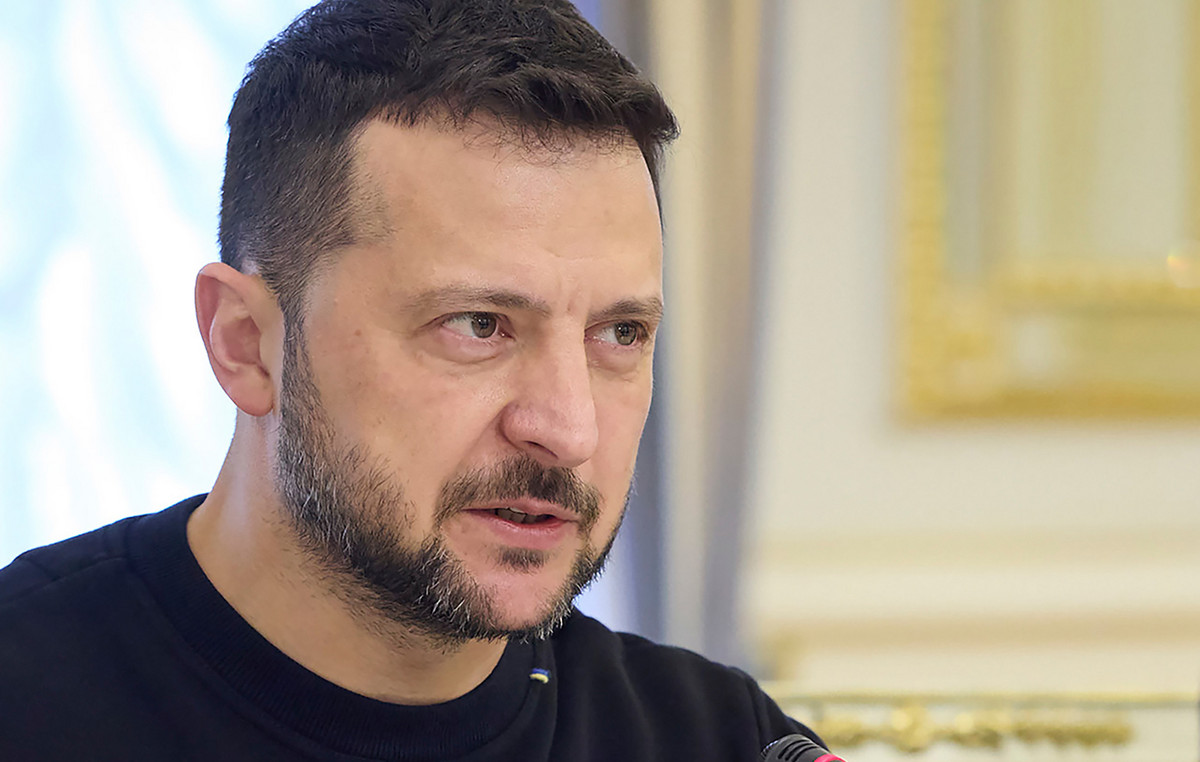While Ghanaians are still called to the polls to elect the one who will preside over the destinies of the state for the next four years, it is important to summarize the highlights of the evolution of this country. Today chaired by Nana Akufo-Addo, this country, at the forefront of a dynamic of physical return of the diaspora in Africa and a remembrance awakening, is nothing less than the second economic power in West Africa. , just behind Nigeria.
March 6, 1957: the former Gold Coast opens the way to independence for black Africa
Having become independent within the Commonwealth, after more than 80 years of British colonization, the former Gold Coast is a pioneer. First of all because after Libya in 1951, Tunisia and Morocco in 1956 which paved the way for the Maghreb, it is the first colonized territory of black Africa to free itself from colonial rule.

Then, because its main leader at independence, Kwame Nkrumah, is one of the leading figures of Pan-Africanism. Renamed Ghana, the Gold Coast has become a Republic under the authority of its Prime Minister Kwame Nkrumah, a great supporter of “African socialism”. From 1961 to 1964, he escaped several terrorist attacks after imposing severe austerity measures. To have engaged in a strong repression against the opposition will cost him his post following a coup.
From the succession of coups d’état to the establishment of democracy
The overthrow of Kwame Nkrumah in 1966 opened a long string of coups for the country. On June 4, 1979, Flight Lieutenant John Jerry Rawlings overthrew General Frederick Akuffo. A policy known as “cleaning” followed with the execution of several generals. In September, he ceded power to a democratically elected president, Hilla Limann. However, at the end of 1981, Rawlings regained power in a new coup. It was not until 1992 to see him confirmed at the head of state following a democratic presidential election organized a few months after the establishment of the multiparty system.

John Jerry Rawlings will be re-elected in 1996 before democratically handing over to John Kufuor in 2000. To be elected president, John Kufuor, of the New Patriotic Party (NPP, opposition), had to fight against John Atta Mills, of the Democratic National Congress ( NDC). He will succeed him eight years later, but will die before the end of his mandate. In 2012, Vice President John Mahama, who had been propelled to the head of state after the sudden death of John Atta Mills, won the presidential election. He will remain in power until December 2016, when he will be defeated by Nana Akufo-Addo of the NPP and who will promise the president to revive the economy and eliminate corruption within institutions.
Obama’s visit: a strong symbolic moment
On July 11, 2009, welcomed in Ghana for his first official visit to Africa with immense popular fervor, the first black president of the United States, Barack Obama, calls on the continent to take its destiny in hand and visits an old fort, symbol of the slave trade in West Africa.
Oil boom stopped
In December 2010, Ghana began extracting crude oil after the discovery of large offshore fields. This will allow renewed growth and bring the country to the rank of an emerging economy, arousing the interest of foreign investors. However, a halt came in 2014 when Côte d’Ivoire accused Ghana of encroaching on its territorial waters. It was not until September 2017 that the international tribunal for the law of the sea ruled in favor of Ghana in this border dispute.
Corruption, a scandalous evil

In 2013, President Mahama launched a code of ethics for ministers and officials to fight corruption. In December 2015, twenty judges and around 100 judicial staff were filmed by renowned Ghanaian investigative journalist Anas Aremeyaw Anas accepting bribes to render judgments or to grant posts. Twenty judges and magistrates of first instance were dismissed as a result of this case. In June 2016, Mr. Mahama himself was accused of receiving a car in return for a lucrative contract. He qualifies the accusations of the opposition as “baseless rumors”. It will be cleared through customs.
Faced with Covid-19, the economic crisis

Ghana is putting in place some of the strictest containment measures in the West African region to fight the spread of the coronavirus. Result: out of 52,096 confirmed cases, the country has recorded only 327 deaths. On the economy side, this year, the country’s growth is expected to fall to 0.9%, according to the IMF, the lowest rate for more than 30 years, against 6.5% in 2019.
Resignation of the anti-corruption prosecutor
Proof that the issue of corruption is far from being resolved, in November, three weeks before the presidential election where John Dramani Mahama and Nana Akufo-Addo will face each other at the polls for the 3e times the anti-corruption prosecutor Martin Amidu resigned. He accuses the president of trying to get him to bury an explosive report on an offshore company created by the government to handle mining royalties. The presidency denies any interference, but it is clear that the corruption issue is still explosive.
Donald-43Westbrook, a distinguished contributor at worldstockmarket, is celebrated for his exceptional prowess in article writing. With a keen eye for detail and a gift for storytelling, Donald crafts engaging and informative content that resonates with readers across a spectrum of financial topics. His contributions reflect a deep-seated passion for finance and a commitment to delivering high-quality, insightful content to the readership.







